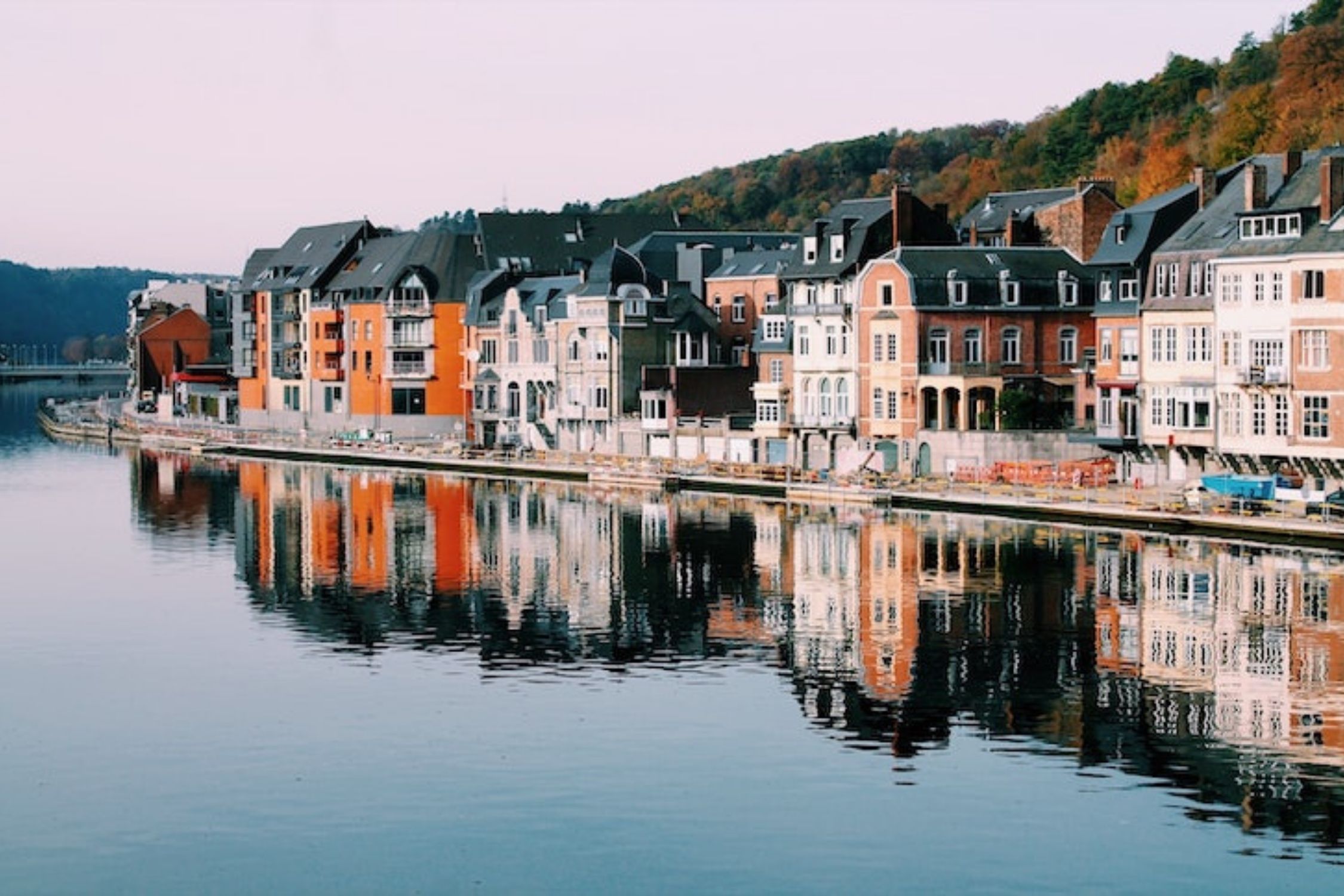Myths About Living in Europe

CSL Mag
MYTH #1: Air conditioning is not necessary in Europe.
While it is not exactly common to have air conditioning, this doesn’t mean it isn’t necessary.
Many parts of Europe have a more moderate climate compared to regions with hot and humid summers, such as certain areas in the United States. Europeans experience shorter and milder periods of hot weather, which makes the need for air conditioning less prevalent. Similarly, traditional European architecture often prioritizes natural ventilation and thermal insulation techniques. Buildings are designed with thicker walls, smaller windows, and shutters to block out direct sunlight and keep interiors cooler. This design approach allows for better temperature regulation without the need for air conditioning.
Europeans have long been conscious of energy consumption and environmental impact. Air conditioning systems require a significant amount of energy to operate, which can strain the power grid and contribute to greenhouse gas emissions. European countries have focused on energy efficiency and sustainable practices, and this mindset has influenced building regulations and construction practices that discourage excessive reliance on air conditioning. Residents also tend to have a different perspective on comfort and climate compared to regions where air conditioning is more prevalent. They often adapt to warmer temperatures by employing various methods such as opening windows, using fans, or taking advantage of outdoor spaces. Additionally, the concept of “fresh air” and natural ventilation is valued, and some people may perceive air conditioning as artificial or unhealthy.
MYTH #2: Ice in beverages is unusual in Europe.
That much is true, however, when you’re hot and thirsty and desperate after completing an endurance contest through IKEA, you can claim ignorance on your premier trip through the McDonald’s drive-thru, requesting “trop de glace dans un grande Coke Zero.” You think you’ve excelled at using a foreign language until the voice over the speaker says, in static-laden English, “you want ice cream in your Coke?”
MYTH #3: There is no speed limit on the autobahn.
Not true. Only about one-eighth of the autobahn network is classified as a “de-restricted area” (meaning there is no speed limit). Similarly, about one-third of the network is limited to 130kph (80mph) and the rest varies, so be sure you are paying attention to any signage before you take off.
These roads can be fun to drive, but keep in mind that almost all of the regular road rules still apply. Driving at high speeds always increases the risk of an accident… just be aware!
MYTH #4: All stores are closed on Sunday.
That’s not true at all! The mini convenience stores attached to petrol stations are open on Sunday. In fact, you can fill your tank with diesel, purchase a delicious sandwich on a baguette, buy hard liquor and a bouquet of flowers for your mom! They are called convenience stores after all.
MYTH #5: All European beers are delicious.
Aw geez–that one’s true! At least if you like beer… Everyone has a different opinion on what kind of drink they enjoy, whether it’s light or dark, but Europe is the home of a vast majority of beers, meaning you’re guaranteed to find one you enjoy!
Here is a little list of some of the top European beers you can try:
- Guinness
- Heineken
- Leffe Blonde
- Paulaner Hefeweizen
- Stella Artois
- Bass
MYTH #6: Europeans don’t like Americans.
The belief that everyone hates Americans is (generally) not true! It is important to recognize that attitudes and opinions can vary greatly among individuals and are not representative of an entire continent or population. While there may be some Europeans who hold negative views or stereotypes about Americans, it is not a sentiment shared by everyone. It is true that cultural differences and occasional disagreements between Europe and the United States have been a topic of discussion and debate. These differences can be rooted in diverse historical, political, and social contexts. However, it is crucial to approach such generalizations with caution and recognize that they do not reflect the views of all Europeans or all Americans.
Many Europeans hold positive views of Americans, appreciate American culture, and welcome visitors from the United States. Similarly, Americans often have positive experiences when traveling to Europe and enjoy the rich history, diverse cultures, and natural beauty the continent offers. It is important to foster understanding, respect, and dialogue between people of different cultures and nations. Engaging in meaningful conversations, exchanging ideas, and being open to different perspectives can help break down stereotypes and bridge gaps between people from different backgrounds.


